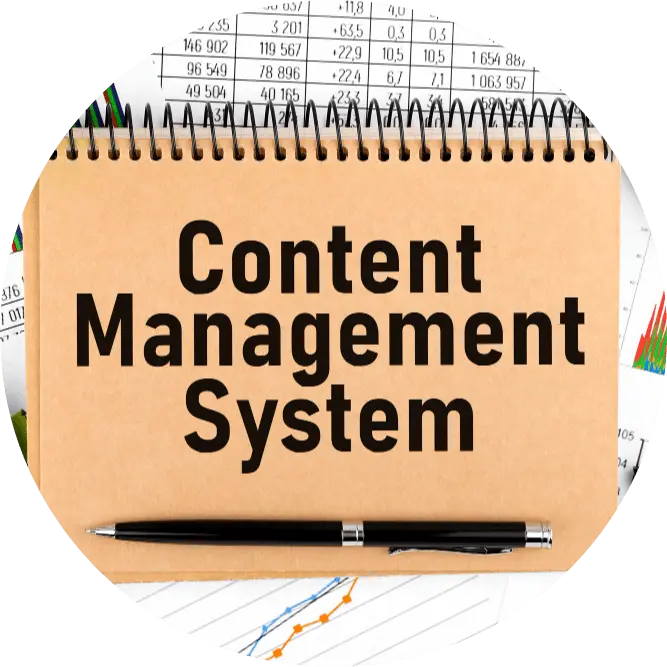CMS stands for “content management system.” In layman’s terms, it’s a system that makes it simple to publish a website online.
But, of course, that is not what distinguishes a CMS. After all, you can complete the same task with little to no technical knowledge.
What is the operation of a content management system?
Most of the time, the concept of a CMS represents free software that is created and maintained by developers all over the world. With this assistance, any user can easily create a website, a blog, or other types of websites.
One of the most important benefits of a CMS is that it is a simple tool that allows people to focus more on the strategy and less on the operational aspects. The user does not need to be concerned with the technicalities. They only need to upload new content on a regular basis. As a result, people can efficiently manage all of the content. The structure exists to ensure exceptional performance, a positive user experience, and the ability to grow your website in the future.

